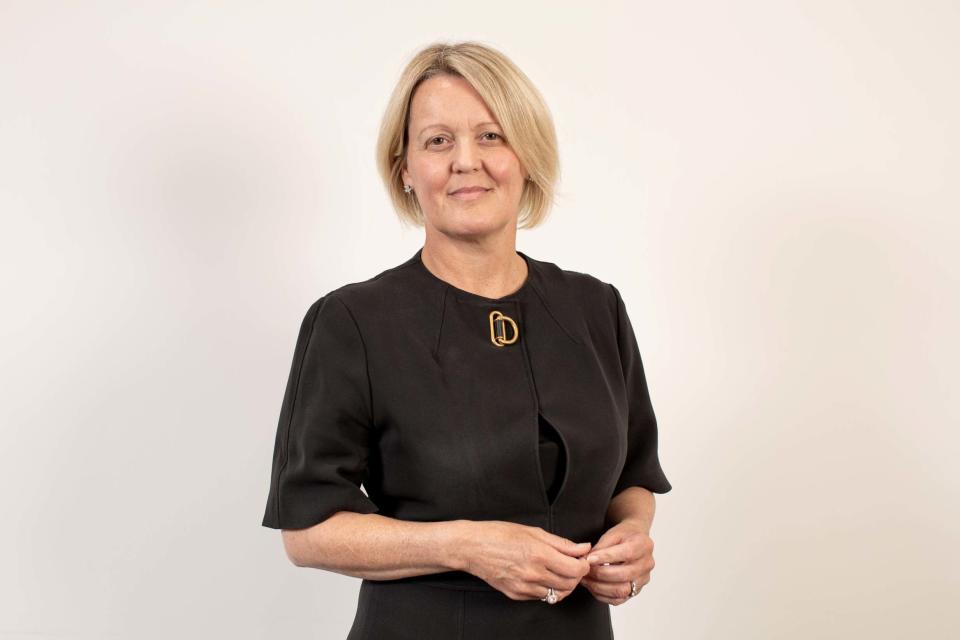NatWest Group and the Post Office should merge, says Simon English

For years the big question around Royal Bank of Scotland, now NatWest Group, is when it could be fully returned to private ownership, away from the clutches of government.
How about this for a plan: forget it. Leave it as it is.
Since the government has a 62% stake it can do what it likes. And since it plainly can’t get, perhaps ever, the money back that it put in to save the bank, why worry?
Leaving it as state controlled would irritate the 38% of private shareholders who may need some small level of compensation. Let’s say 50p a share (they trade at 108p) and we’ll chuck the valuable lesson you’ve just learnt in for free.
The new NatWest could merge with the Post Office. It could pioneer a new sort of banking – treating people well – and see if that catches on.
The old and the poor would get far better service, far better interest on savings than they could at other big banks.
Barclays, Lloyds and the rest would be forced to compete on those terms, and if they couldn’t – too bad.
This new NatWest wouldn’t make a profit, but since it seldom does anyway, what’s to lose?
Banking executives think about these things in narrow terms, quarters or half years. The government should think about the next 100 and decide that since it’s going to end up owning banks from time to time anyway, it might as well make a virtue of owning this one.

 Yahoo Finance
Yahoo Finance 